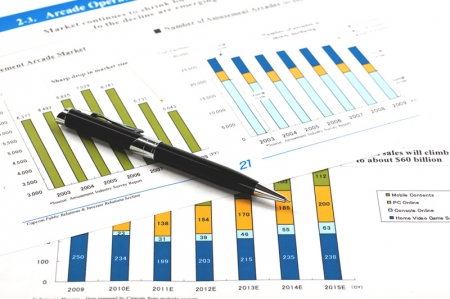AI Sentiment: Bearish
Reason: The article features a decline in the United States' Manufacturing Purchasing Managers' Index (PMI), indicating a contraction in the manufacturing sector, which could negatively impact the overall US economy.
The latest report on the United States' Manufacturing Purchasing Managers' Index (PMI) indicates a slight decrease, underscoring a contraction in the manufacturing sector. The index, which serves as a key barometer of economic health, dipped below the expected threshold, raising concerns about the state of the US manufacturing industry.
The PMI is a critical economic indicator, as it provides a snapshot of the prevailing direction of economic trends in the manufacturing sector. A PMI reading above 50 typically signifies an expansion in the manufacturing sector, while a reading below 50 indicates a contraction. The latest PMI readings revealed a dip below the forecasted level, which points to a contraction in the sector.
This downturn in the PMI raises concerns about the impact on the wider economy. The manufacturing sector is a significant component of the US economy, contributing heavily to the country's GDP. As such, a contraction in this sector could have ripple effects throughout the economy.
Despite the dip, it is important to note that the PMI represents a momentary snapshot of the manufacturing sector's health. As such, it is subject to fluctuations and may not necessarily be indicative of a long-term trend. However, given the significance of the manufacturing sector to the overall economy, any contraction in this sector warrants a close watch.
As the PMI dips below expectation, economists and policymakers will be closely monitoring the situation to determine the potential impact on the overall economy. Depending on the severity and duration of the contraction, this could influence policy decisions aimed at stimulating the economy and safeguarding against a potential downturn.
On a global scale, the PMI is used as a reliable leading indicator to gauge the health of the manufacturing sector. Therefore, a contraction in the US manufacturing sector could also have implications for global trade and economic growth. As the world's largest economy, any significant shift in the US economy is likely to have a substantial impact globally.
The latest PMI readings serve as a timely reminder of the interconnectedness of our global economy. Any shifts in key economic indicators, such as the PMI, have far-reaching implications both domestically and internationally. Therefore, it is crucial for policymakers and economists to closely monitor these indicators and respond proactively to prevent potential economic downturns.




